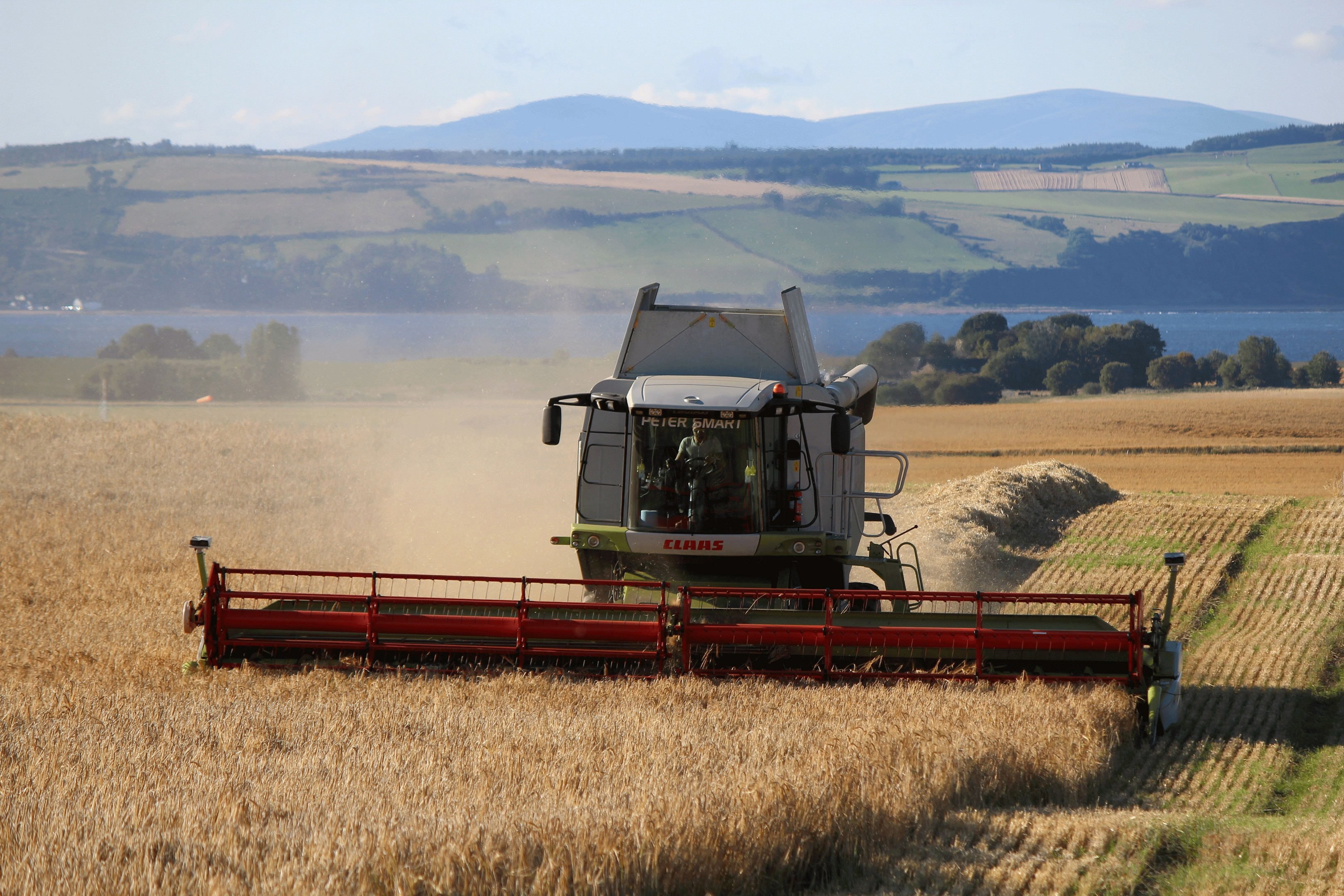Farming leaders say they will not be fobbed off any longer with the Government’s excuses for failing to overhaul Scotland’s gold-plated greening rules.
Rural Economy Secretary Fergus Ewing promised to remove excess greening conditions in an industry address at the Royal Highland Show in June. However despite repeated reminders by NFU Scotland (NFUS) which included a demonstration on a Perthshire farm, the union says he has spectacularly failed to deliver.
Fresh talks with Mr Ewing and Environment Secretary Roseanna Cunningham have now been requested by NFUS, and union vice-president Rob Livesey insists it’s ‘time to hold Mr Ewing’s feet to the fire’.
“It’s within his grasp to do something for agriculture. Roseanna Cunningham had a bit of a win, she got her own way on beaver reintroduction so we need to be getting something back for that,” he said.
“Fergus is well aware of the issues, he’s been on the farms and is completely sympathetic to the nonsense that surrounds greening and how it undermines the competitiveness of the Scottish arable sector so he needs to deliver.”
The union has mapped out a list of greening changes which it believes meets European requirements and which would bring the restrictions placed on Scottish growers into line with farmers elsewhere.
For instance a recent letter from the EU confirmed that, under scheme rules, farmers could use mechanical methods to control weeds and conduct drainage work during the fallow period.
But while English growers have been able to carry out these operations on fallow land for the past two years, Scottish rules prohibit such work
NFUS president Allan Bowie said: “These common-sense changes to Scottish rules would allow mechanical control of weeds, the topping of green cover and drainage work to be carried out during the fallow period – activities that have been banned on EFA fallow in Scotland during 2015 or 2016 but have been permitted in England.
“Europe’s approach to greening is changing and Scotland must come into line. The EC’s proposed changes to greening were leaked in June and contained many positive developments. The negatives included a proposal to extend the fallow period to nine months and it appears that this unhelpful rule change has been dropped.
Meanwhile NFUS is looking at the environmental requirements that might be attached to future agricultural support in the wake of Brexit. It includes building up an evidence base on how effective existing greening rules have been and pulling together wider evidence of the environmental benefits that Scottish agriculture already delivers.










